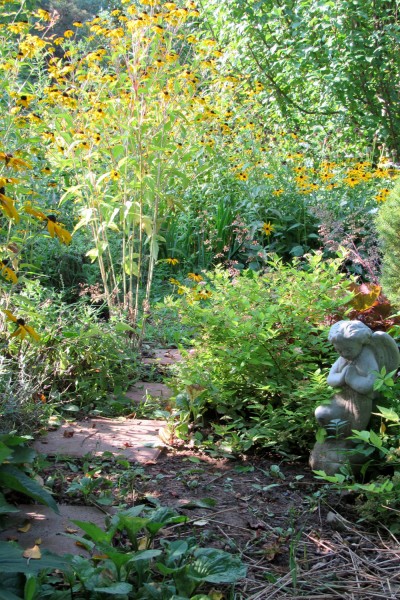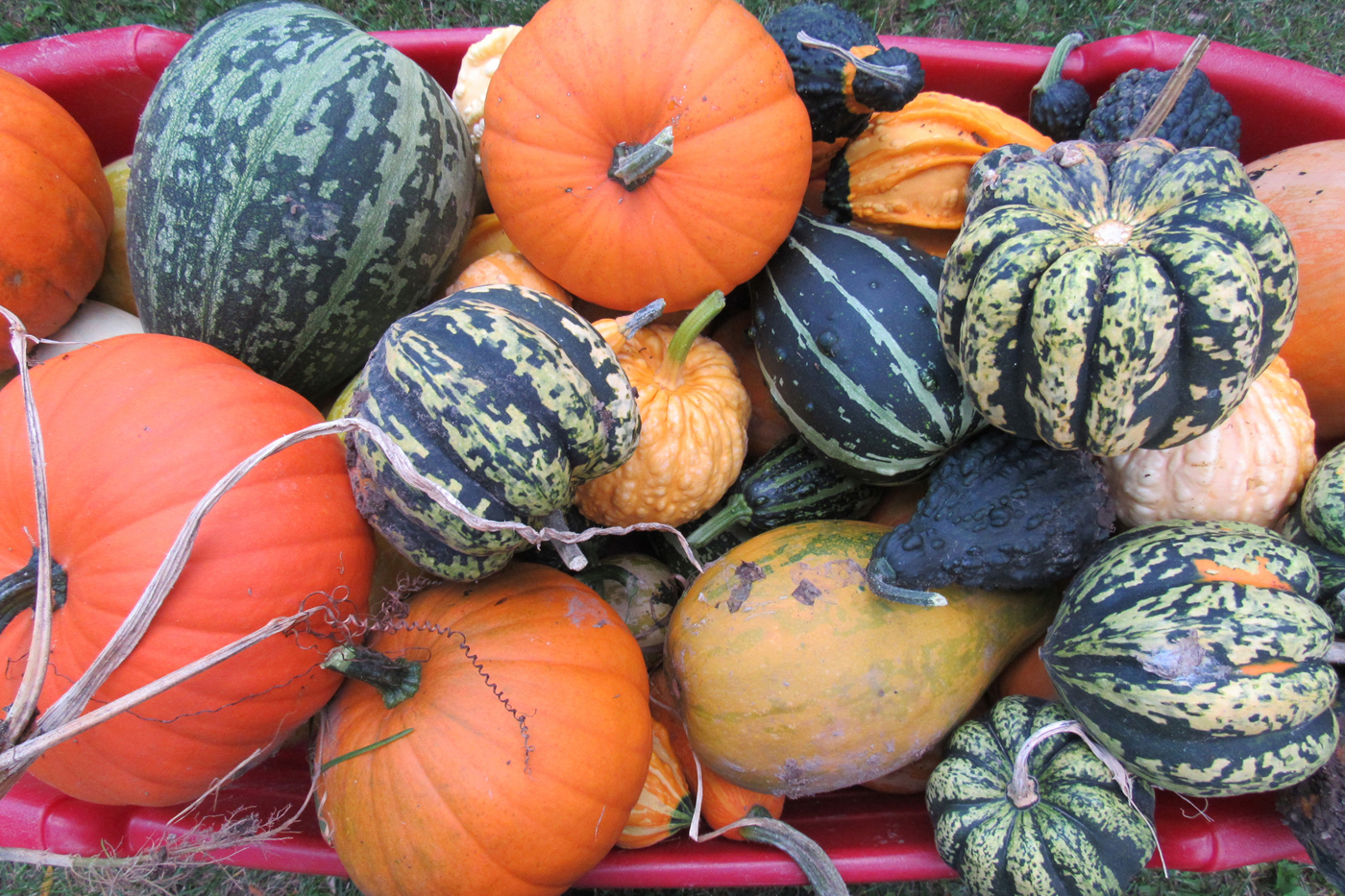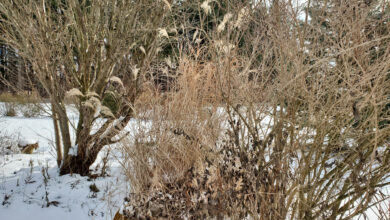Make a small garden look larger with some design tricks

Most gardeners probably wish they had more space in which to garden, but there are many benefits to gardening in small spaces and ways to make those spaces appear bigger than they are.
A smaller space is typically easier to maintain and weed, meaning smaller gardens work well for those who either don’t have the time, or would rather spend time with family and on activities other than weeding and maintaining a garden.
There are several ways to make a small garden look larger. One solution is to make it an extension of your home. If you can, plant your garden so that it can be accessed directly from a room in your home, allowing you to move from the interior space to a deck or patio. Tie the indoor/outdoor spaces together with similar color schemes and materials. A deck railing can be painted to match moldings in the room and decorative elements like wicker can be used both inside and outside, for example.
Color itself can make your plantings seem larger. Reds, oranges and yellows are hot colors and jump out at the eye. They make a planting look larger because hot colors look closer than they really are. Cool colors like blue and green recede from the eye and make things look farther away.
To make a small garden appear larger, use cool colors in the center and back and hot colors in the front.
Keep scale in mind. Large plants can make a space feel small, but smaller plants with small leaves will create an open, airy feeling and make a garden look larger.
Layer plants – top story, middle and bottom layers will help you to maximize available space. A trellis can train top story plants and middle layer plants should include those that prefer filtered light such as Solomon’s seal. Plants on the bottom layer should be shade lovers like astilbe.
If it is possible, try to hide a portion of the garden – so that the whole garden cannot be viewed at once. The mind will imagine there is more garden beyond what is seen creating the sense of a larger space. Even a border jutting out at one point can help to create a visual block.
If you use paving or decking, use smaller-size elements, but don’t be afraid to use an element liberally. A large amount of one element tricks the eye into thinking it’s a larger space. If your garden is very narrow, run decking or paving lines from side-to-side to make the space look wider. Run decking lines and paving lines from top to bottom to make a “short” garden look longer.
For vegetables in small spaces, don’t forget about raised beds in addition to containers. Raised beds can be made from wood, stone, concrete block or brick, or you can simply mound up the soil.
Locate raised vegetable beds where water is readily available and in a spot which receives at least 4-6 hours of sunshine each day.






